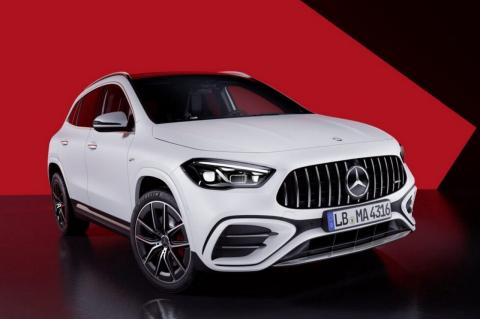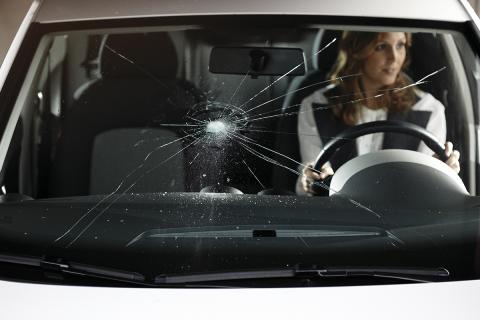The Maserati Boomerang was first presented at the Turin Motor Show in 1971. The work of the Italian designer Giorgetto Giugiaro (Italdesign) was based on the Maserati Bora. It stood out for its sharp wedge-shaped bodywork, a silhouette that bore a certain similarity to that of the Lamborghini Countach created by Marcello Gandini that had seen the light at the Geneva Motor Show that same year in 1971.
In 1972 it was repainted from the initial orange color to the silver gray that we see in the images that illustrate this article. Another improvement that it received then was the fact of being transformed into a 100% functional car.
Both the roof and the doors had a large glass surface. Unlike the Lamborghini Countach or the Alfa Romeo Carabo, the doors of the Maserati Boomerang had a conventional opening system.
Without a doubt, one of the most striking elements of the Boomerang, in addition to its spectacular bodywork, was the steering wheel. All the instruments, as well as the vast majority of control knobs were inside it in a kind of extension of the dashboard. We could say that he was a pioneer when it came to proposing this integration of the controls in a position so close to the driver.

Maserati gave a Bora, the unit with chassis number #081, as the basis for Italdesign to make the Boomerang. Therefore, in the rear central position it had a 4.7 liter V8 engine fed by 4 Weber carburettors with 42 mm intake bodies. A powerful mechanics that declared 306 hp at 6,000 and 460 Nm at 4,200 rpm.
After converting it into a roadworthy car, the Maserati Boomerang hit the carpet at motor shows in Geneva, Paris, London and Barcelona. Precisely, after being exhibited at the Barcelona Salon in 1974, it was sold to a private individual in Benidorm.

That was not the first case in which a prototype ended up registered and sold in Spain, numerous unique cars followed this path through the Barcelona Motor Show that was held at the FIRA de Barcelona fairgrounds in Montjuïc.
After spending time abandoned in 1980, it was restored and some time later it passed into the hands of a German collector. In 2002 Christie’s auctioned it for 721,750 euros, but the last time it changed hands, in another auction this time in 2015 organized by Bonhams, it reached a price of 3.3 million euros.
In short

This is a most particular case. A unique prototype designed and produced in Italy that ended up being registered and sold to a private individual in Spain. Very few one-of-a-kind cars conceived to command attention on a car show carpet end up on the streets like the Maserati Boomerang.
- Now in coche.net there are 5 new Maserati announced from 96,000 euros.
-
If you are looking for a second-hand Maserati, at coche.net there are more than 350 units from just 6,000 euros.










